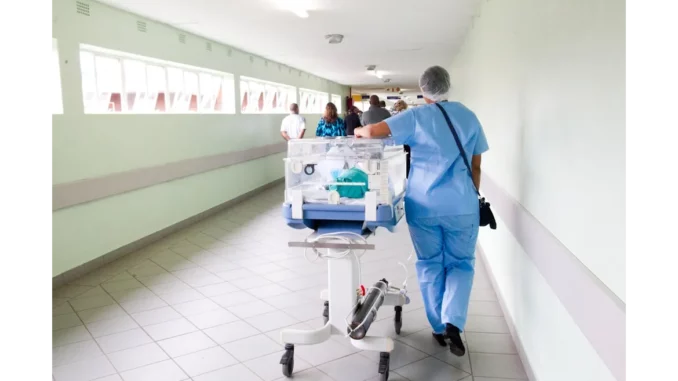
When I had the opportunity to sit down with Dr. Maria Powell, a leading researcher from Vanderbilt University and a key figure in the Voice as a Biomarker of Health project, it was clear that we were on the verge of a healthcare revolution. This groundbreaking initiative, spearheaded by USF Health and Weill Cornell Medicine, has achieved a significant milestone with the release of its first clinically validated voice dataset. Through our discussion, Dr. Powell illuminated the project’s journey and its potential to transform the way we approach medical diagnostics.
“We’re on the brink of something truly transformative,” Dr. Powell began, her enthusiasm palpable. “Our voices harbour a remarkable wealth of information, and this project seeks to unlock that potential in diagnosing diseases in ways previously unimagined.” Funded by the National Institutes of Health, this ambitious endeavour aims to create a comprehensive, ethically sourced, AI-powered database of 10,000 human voices. The objective is to aid doctors in diagnosing and treating a variety of conditions, such as cancer and depression, by analysing subtle vocal changes. The initial dataset, which is now accessible via platforms like Health Data Nexus, comprises over 12,500 recordings from 306 participants across the United States and Canada.
Dr. Powell emphasised the project’s collaborative framework, highlighting the convergence of expertise from medical voice specialists, AI engineers, and ethicists. “It’s a massive team effort,” she noted. “We have contributions from institutions across the US and Canada, and the diversity and breadth of the data are pivotal to its success.” This project addresses previous challenges in the field, such as limited dataset sizes and data security concerns, by deploying privacy-preserving AI and standardising data collection across numerous outpatient environments. The result is one of the most extensive collections of human voices ever compiled for research purposes.
“The data is clinically validated and standardised, which is crucial,” Dr. Powell elaborated. “Participants engage in a variety of acoustic tasks, including simple breathing at rest, reading specific passages, and engaging in free speech. This ensures consistency and reliability across the board.” Dr. Yaël Bensoussan, co-lead of the project, has been a staunch advocate for the dataset’s potential, envisioning it as an unparalleled resource for the scientific community. It offers researchers the opportunity to validate existing algorithms and develop new diagnostic tools. “It’s about creating a benchmark,” Dr. Powell echoed. “We want researchers to use this data to confirm their algorithms’ validity and push the boundaries of what’s possible.”
The project’s ambition extends beyond mere data collection. Accompanying the dataset’s release is the Bridge2AI Voice Prep Kit, providing researchers with tools for preprocessing and effectively utilising the data. Additionally, the team is already planning the 2025 Voice AI Symposium and Hackathon in Tampa, Florida. This event will gather clinicians, researchers, patients, and AI experts to explore innovative applications of voice AI in healthcare.
As our conversation drew to a close, Dr. Powell reflected on the broader implications of the project. “We’re not just collecting data,” she remarked. “We’re paving the way for advancements that could fundamentally change healthcare globally. It’s about merging cutting-edge AI techniques with clinically validated data to open up new diagnostic possibilities.” Dr. Olivier Elemento, co-principal investigator from Weill Cornell Medicine, echoed these sentiments in a recent statement, highlighting AI’s revolutionary potential in disease detection and understanding. “This dataset is a monumental step forward,” he stated. “We’re on the cusp of innovations that could transform patient care worldwide.”
Dr. Powell’s passion for the project was unmistakable as she speculated on the future. “It’s exciting to think about what lies ahead,” she said. “This is just the beginning, and with each new data release over the next two years, we’re inching closer to a new era in healthcare.” As I left our conversation, I was struck by the profound impact this project could have on the medical field. By harnessing the power of the human voice, researchers at USF Health and Weill Cornell Medicine are not merely exploring new diagnostic frontiers—they are reshaping the landscape of health and wellness. As this multi-institutional effort continues to unfold, it promises to unlock unprecedented possibilities, ultimately leading to more precise and personalised patient care.


Be the first to comment